Biology
Units 3 & 4
Year 12

Biology
Units 3 & 4
Year 12
In BIOLOGY UNIT 3 students investigate the workings of the cell. They explore the relationship between nucleic acids and proteins as key molecules in cellular processes. Students analyse the structure and function of nucleic acids as information molecules, gene structure and expression in prokaryotic and eukaryotic cells and proteins as a diverse group of functional molecules. They examine the biological consequences of changing the DNA molecule and applying biotechnologies.
Students explore the structure, regulation and rate of biochemical pathways, with reference to photosynthesis and cellular respiration. They explore how the application of biotechnologies to biochemical pathways could lead to improvements in agricultural practices.
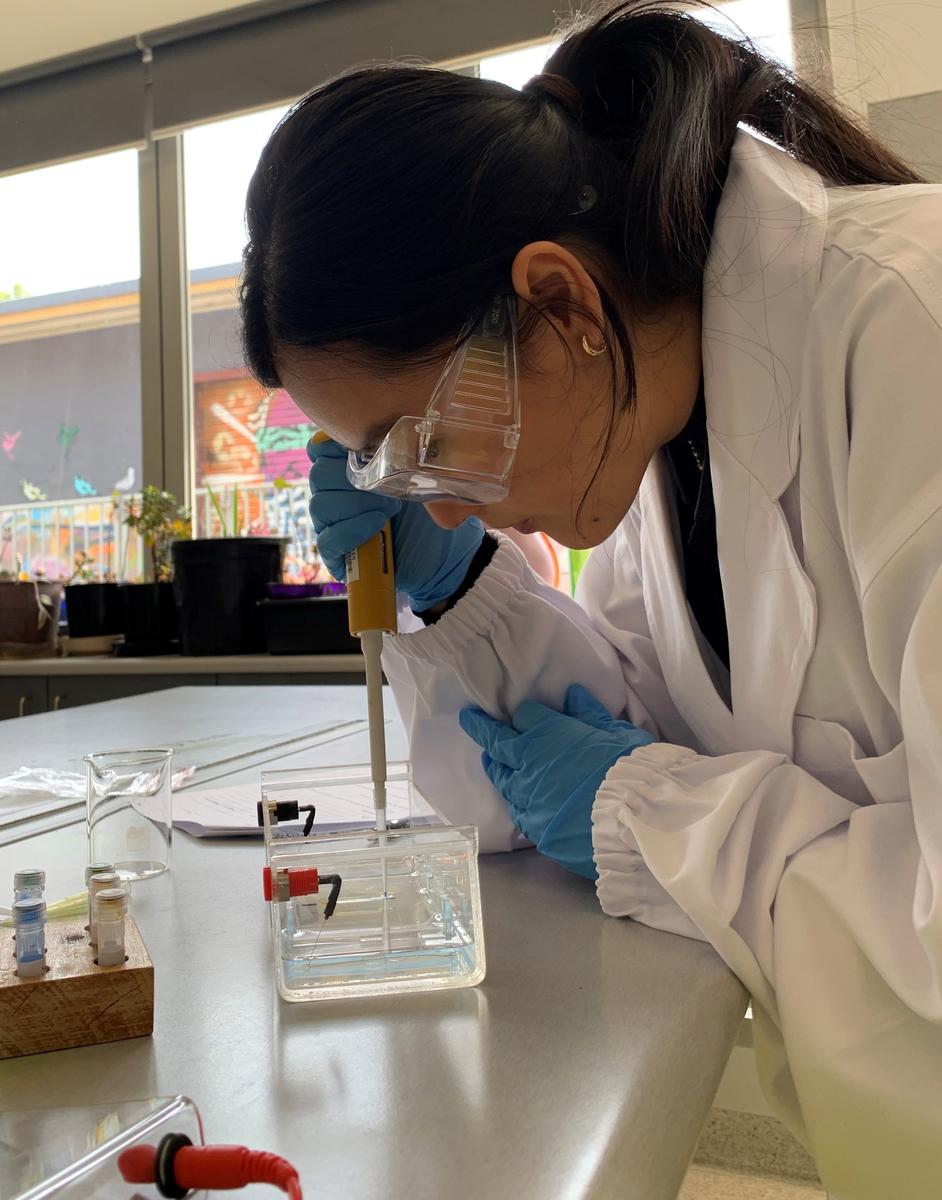
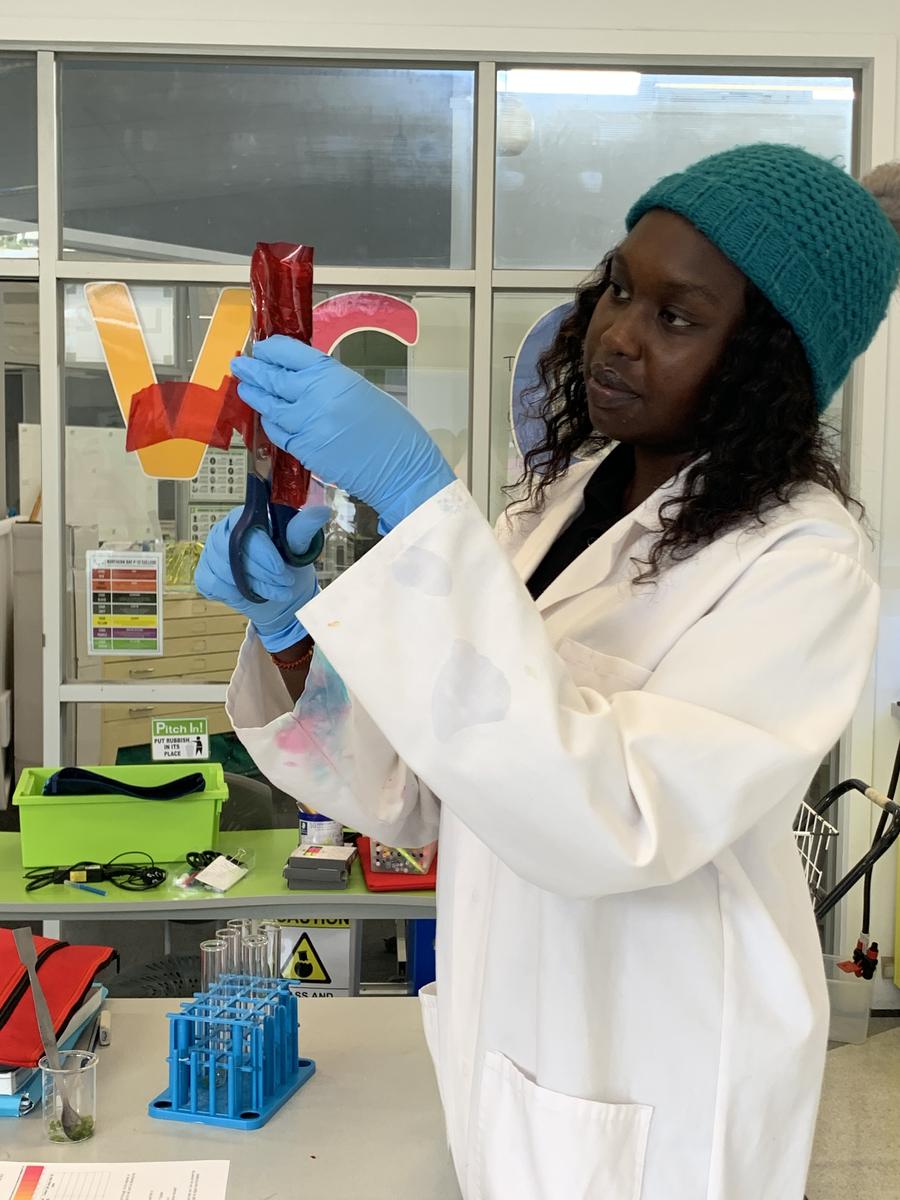
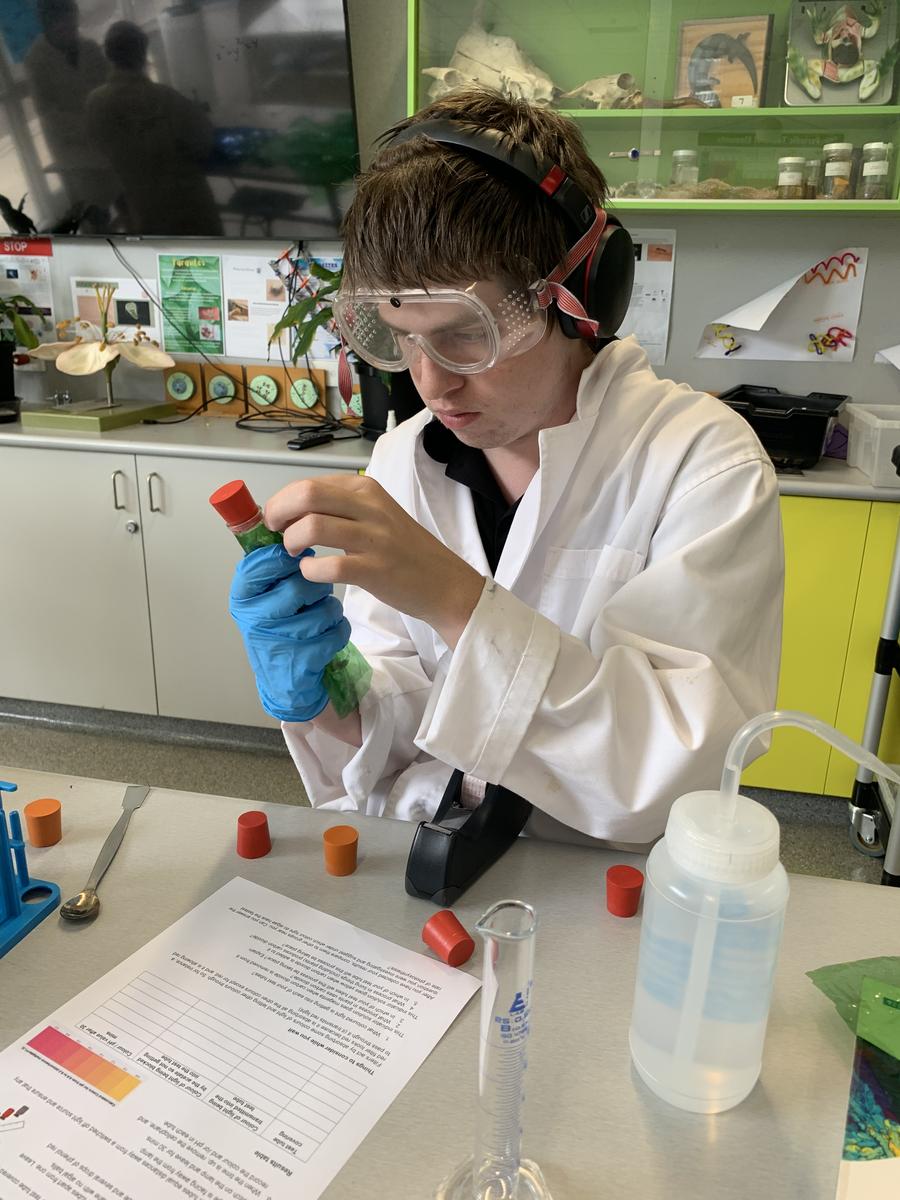



Unit 3
● Area of study 1 – What is the role of Nucleic acids and proteins in maintaining life?
● Area of study 2 – How are biochemical pathways regulated?
In BIOLOGY UNIT 4 students study the human immune system and how it provides immunity to a specific pathogen. Students consider how evolution is based on the accumulation of evidence over time. They investigate the impact of various change events on a population’s gene pool and the biological consequences of these. Students examine the evidence for how species are related and change in life forms over time using evidence from paleontology, structural morphology, molecular homology and comparative genomics. Students examine the evidence for structural trends in human fossil record, recognising that interpretations can be contested, refined or replaced when challenged by new evidence.
Unit 4
● Area of study 1 – How do organisms respond to pathogens?
● Area of study 2 - How are species related over time?
● Area of study 3 – How is scientific inquiry used to investigate cellular processes or biological change?
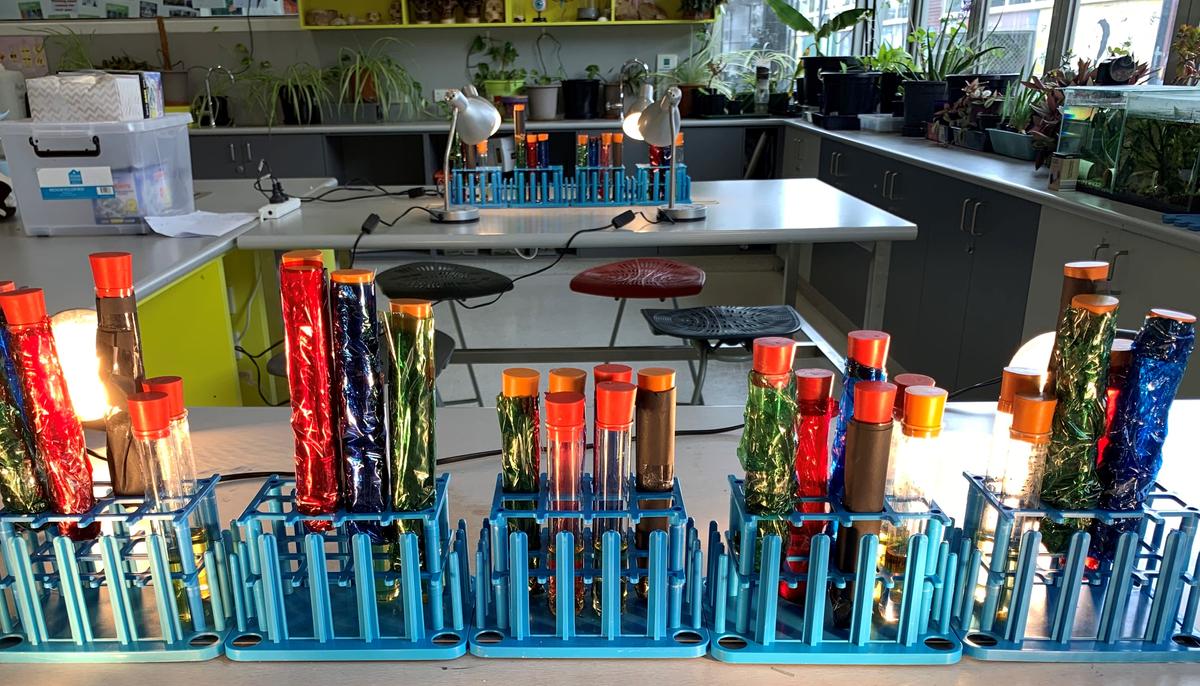

Skills you will develop
Assessment
Outcomes 1 and 2
Outcome 3
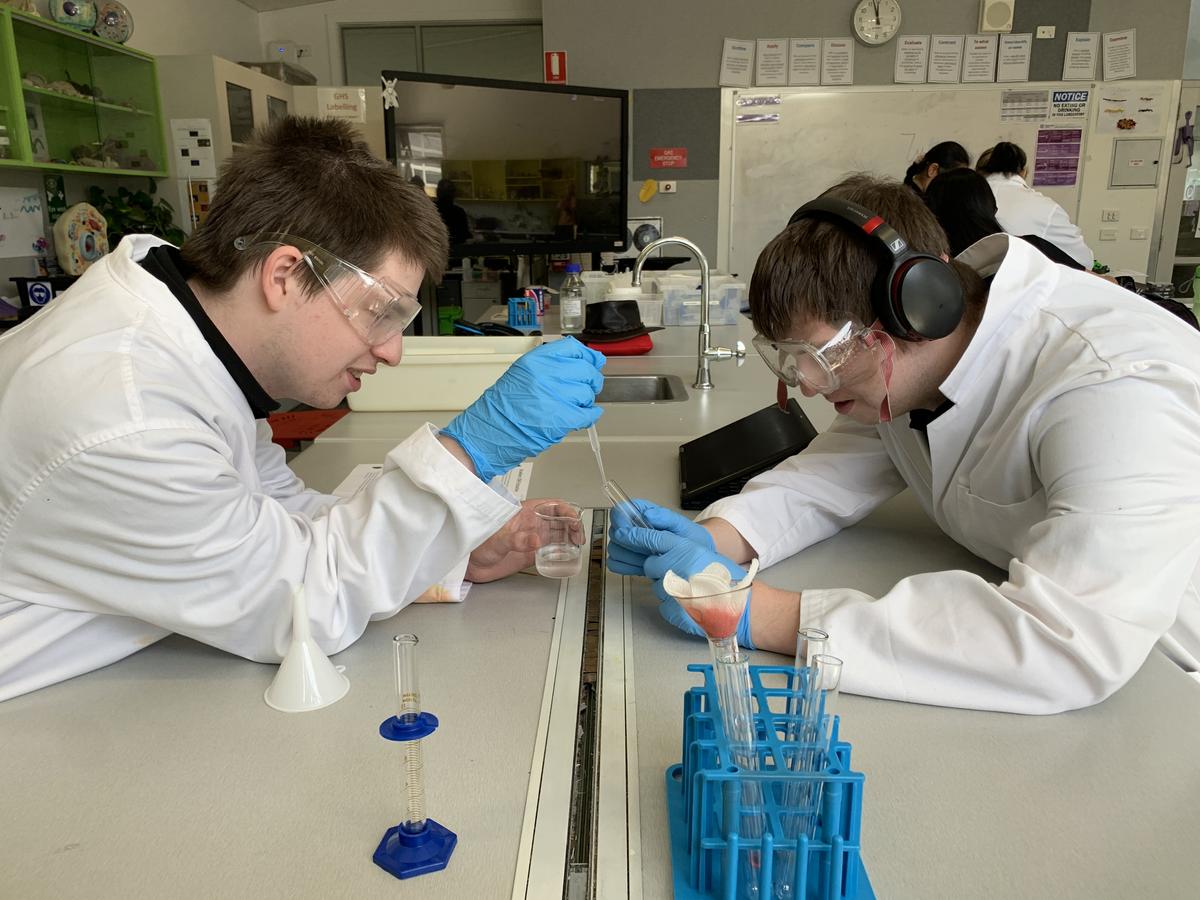
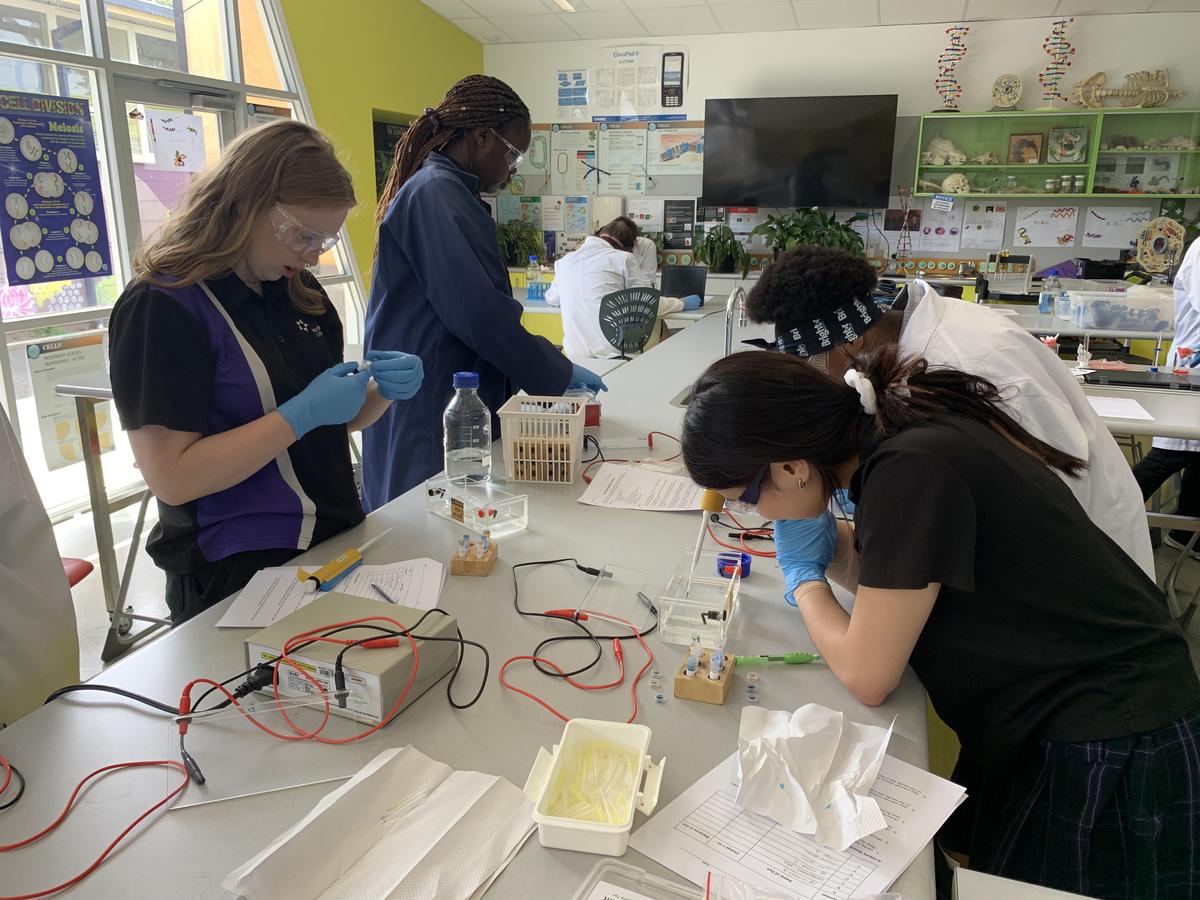


Pathways
Studying Biology can lead to the following careers
Biosecurity officer Biotechnologist Botanist Conservation officer Ecologist Fisheries and wildlife officer Forensic scientist Genetic counsellor
| Laboratory Technician Marine biologist Microbiologist Plant breeder Plant pathologist Researcher Sustainability specialist Zoologist
|
Prerequisites
Recommended Unit 1-2 Biology
If you are interested please see Kylie Chafer
Biology Study Guide use button below